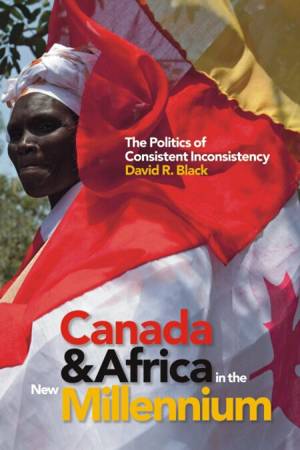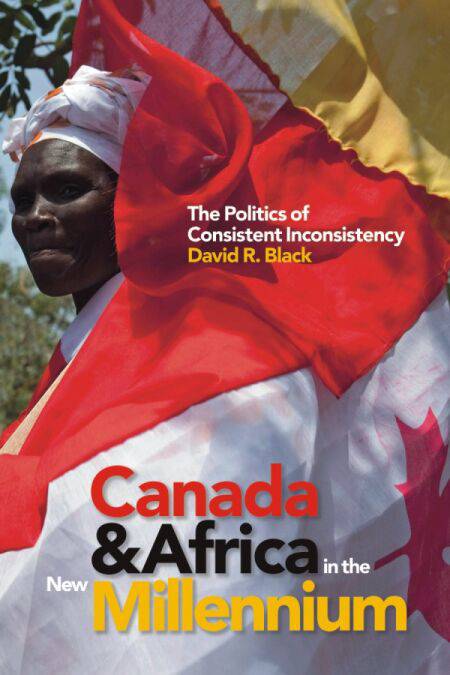
- Afhalen na 1 uur in een winkel met voorraad
- Gratis thuislevering in België vanaf € 30
- Ruim aanbod met 7 miljoen producten
- Afhalen na 1 uur in een winkel met voorraad
- Gratis thuislevering in België vanaf € 30
- Ruim aanbod met 7 miljoen producten
Zoeken
Canada and Africa in the New Millennium E-BOOK
The Politics of Consistent Inconsistency
David R. Black
E-book | Engels
€ 23,99
+ 23 punten
Uitvoering
Omschrijving
Canada’s engagement with post-independence Africa presents a puzzle. Although Canada is recognized for its activism where Africa is concerned, critics have long noted the contradictions that underlie Canadian involvement. Focusing on the period following 2000, and by juxtaposing Jean Chrétien’s G8 activism with the Harper government’s retreat from continental engagement, David R. Black’s Canada and Africa in the New Millennium illustrates a history of consistent inconsistency in Canada’s relationship with Africa. Black combines three interpretive frames to account for this record: the tradition of “good international citizenship”; Canada’s role as a benign face of Western hegemonic interests in Africa; and Africa’s role as the basis for a longstanding narrative concerning Canada’s ethical mission in the world. To examine Africa’s place in Canada’s foreign policy—and Canada’s place in Africa—Black focuses on G8 diplomacy, foreign aid, security assistance through peace operations and training, and the increasingly controversial impact of Canadian extractive companies. Offering an integrated account of Canada’s role in sub-Saharan Africa, Black provides a way of understanding the nature and resilience of recent shifts in Canadian policy. He underscores how Africa—though marginal to Canadian interests as traditionally conceived—has served as an important marker of Canada’s international role.
Specificaties
Betrokkenen
- Auteur(s):
- Uitgeverij:
Inhoud
- Aantal bladzijden:
- 328
- Taal:
- Engels
Eigenschappen
- Productcode (EAN):
- 9781771120616
- Verschijningsdatum:
- 31/03/2015
- Uitvoering:
- E-book
- Beveiligd met:
- Digital watermarking
- Formaat:

Alleen bij Standaard Boekhandel
+ 23 punten op je klantenkaart van Standaard Boekhandel
Beoordelingen
We publiceren alleen reviews die voldoen aan de voorwaarden voor reviews. Bekijk onze voorwaarden voor reviews.











